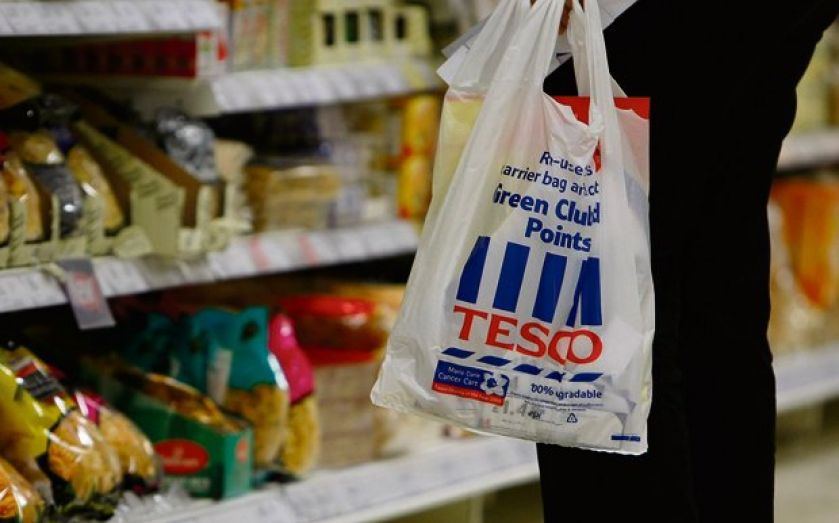Tescopoly fear has proven to be unfounded – Bottom Line

SEVEN years ago I worked for a charity in Covent Garden. It was a fairly standard office, with us low-level employees popping out every lunchtime to escape the tedium and top up on sustenance.
By far the cheapest and most varied selection of grub on offer was to be found in the local Tesco Metro on the Strand. Thus the store was extremely well frequented – and yet also carried with it a notable stigma.
The general consensus of opinion among my colleagues at the time was that Tesco was undeniably A Bad Thing. And moreover, it was A Dangerous Thing. Office debates on the subject inevitably ended with supposedly terrifying statistics such as how one in every seven pounds spent in the UK was going through a Tesco till.
“Tescopoly” became an actual word (and indeed a book, published in 2007), with many a dinner party conversation centred on suggestions of how the government could stop Tesco from taking over the British economy.
As it turns out, no such coercive measures were required, for Tesco has managed to reverse its seemingly inexorable expansion all on its own.
In late 2007, Tesco’s share price hit £4.88. Last night it closed at £2.03. In late 2007 its market share reached 31.6 per cent, while last month it fell to 28.8 per cent – and this morning’s latest figures are expected to show a further decline. Meanwhile, Aldi and Lidl have more than doubled their market share from 4.1 per cent in 2007 to 8.4 per cent last month.
Far from being a monopolistic industry with impossible barriers to entry, Britain’s retail sector has proven to be super-competitive. Tesco’s troubles may be bad news for investors, but to some extent they are part of a broader good news story.